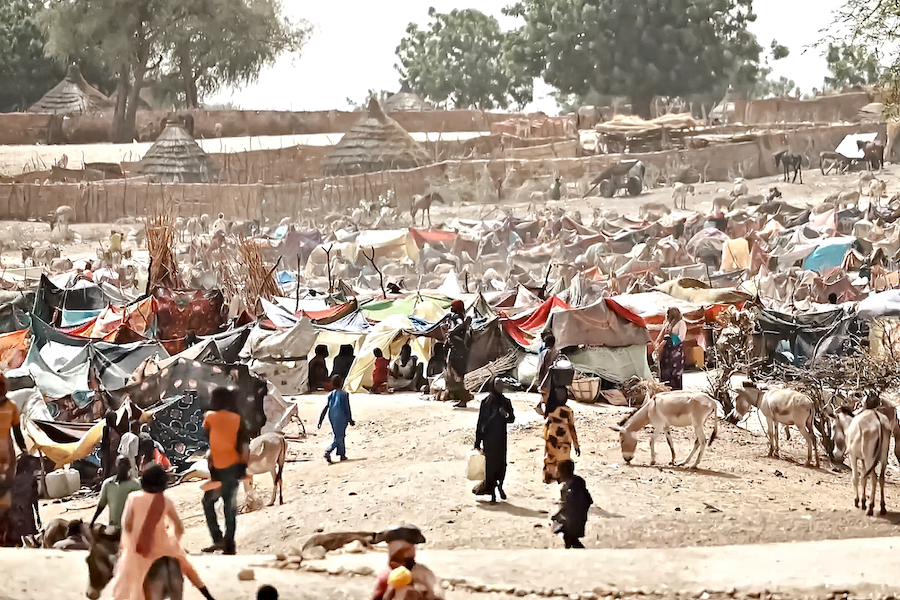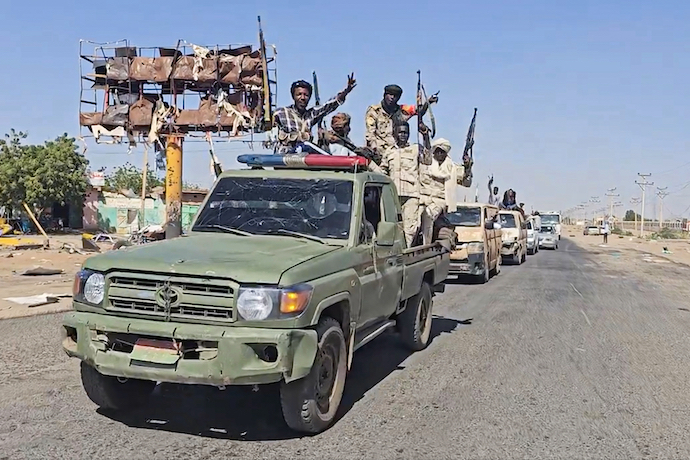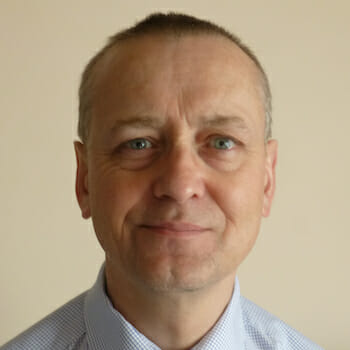
West Urged to ‘Wake Up’ to Unfolding Tragedy in Sudan
A massacre in Sudan has recently been cast in the ghastly light of “ethnic cleansing,” where innocent civilians were left to the cruel fate of being “hacked to death.”
It’s a story that may have eluded many in the Western hemisphere, obscured by the bustling noise of their own domestic and regional news cycles in early November.
Authentic reports from eyewitnesses paint a chilling picture: more than a thousand members of the Masalit community fell victim to a violent onslaught in Ardamata, West Darfur, within the span of two days. These attacks were the handiwork of the Arab-backed Rapid Support Forces (RSF) and their militias, which are accused of trying to complete an ethnic purge begun earlier this year, targeting Sudan’s ethnic-African Masalit tribe.
Survivors recounted the horrors to Reuters, sharing tales of Masalit men being methodically rounded up and shot. Others witnessed a grislier scene where victims were cleaved to death with axes and machetes.
“Hundreds were taken to a soccer field in the area,” witnesses told Reuters, “where two eyewitnesses said they saw people being executed by Arab captors. Bloated corpses lay in the streets of Ardamata for days. Homes were burned and looted, some stripped bare as looters made off with TVs, kitchenware, and even doors and windows.”
The aftermath was a grotesque scene of bloated corpses littering the streets of Ardamata. The town itself was pillaged and set ablaze, with looters stripping homes down to their bare bones, carting away TVs, kitchenware, and even doors and windows, as reported by Reuters.
In a striking contrast to the usual media uproar that accompanies such atrocities, the coverage of this renewed violence in Sudan has been remarkably scant. The global media’s attention has been diverted to more proximate conflicts—the ongoing war in Ukraine and the surge of unrest in the Middle East—leaving the civil unrest in Africa to languish in the shadows.
Yet as violence surges in West Darfur, the silence from the European media and public is resounding, a stark reminder of their usual vigilance on matters of human rights abuses and ethnic violence.
This massacre, now recognized by the European Union as a component of a “wider ethnic cleansing campaign” orchestrated by the RSF, remains a distant thought for European media, activists, and policymakers.
The heart of the matter is this: what actions can, and should, Europeans and the international community at large undertake to aid these civilians and prevent further atrocities?
M’backe N’diaye, an African policy, and Sahel region expert, sought to address this very question at a recent gathering in Brussels, aptly titled “A Genocide in the Making: The Indifference of the West towards Darfur.”
N’diaye spoke with a frankness that cut through diplomatic niceties, highlighting the staggering death toll in Darfur—figures that eclipse those in other, more widely reported conflicts. He estimates the casualties over the past 20 years to be in the region of 300,000.
“From time to time we do get some coverage,” he told his audience, “but, even then, the focus is more on the economy than genocide which is just another kind of injustice to the ethnic minority under attack.”
The RSF’s reputation is marred by more than 50 days of assaults on Darfur’s majority ethnic African tribe. Originally known as the Janjaweed, this paramilitary force and its allied Arab militias have been accused of committing grave human rights abuses, not least of which was the massacre of over 120 protesters in June 2019.

N’diaye criticizes the glaring omission in media coverage of the Darfur massacres, especially when juxtaposed with the extensive reporting on conflicts in Ukraine and Gaza.
This silence begets a slew of uncomfortable questions: Does the location of these horrors in Africa render them less significant? The absence of social media campaigns and public outcry underscores a “double standard” in global compassion and action.
Politicians, too, have largely remained silent, with few exceptions. One such instance was a declaration from the European External Action Service, the EU’s foreign policy wing, which expressed concern over the recent atrocities in Darfur, suggesting they were part of the RSF’s campaign to systematically displace the non-Arab Masalit community from West Darfur.
Yet, since this statement on November 12, the airwaves have remained empty of further discourse on Sudan. N’diaye laments the inaction from EU member states, who have not convened special summits, nor have European leaders stepped forward to propose any solutions.
While the flags of Ukraine and Palestine are widely recognized symbols, the flag of Sudan remains largely unfamiliar to the world’s eye.
N’diaye urges a collective awakening to the crisis in Sudan, underscoring the significant implications for both the immediate region and Europe. “You wouldn’t know it from the news,” he says, “but Sudan is sliding into the jaws of genocide.”
Sudan’s geopolitical position as the third largest country in Africa and recent escalations in violence—including over 1,300 civilian deaths in West Darfur over a three-day period by the Rapid Support Forces as reported by Al Jazeera—portend greater instability for the Sahel region, with potential ramifications including a new migration crisis for Europe.
Nearly half a million Sudanese refugees now reside in camps across the border in Chad, victims of the ongoing genocide in Darfur. The conflict has displaced over 6 million people, a fraction of whom may be propelled into migration by continued ethnic cleansing.
The ongoing strife also cultivates fertile ground for jihadist groups to strengthen their foothold, posing a clear danger to regional and European stability.
As Human Rights Day approaches on December 10th, the international community is offered a poignant opportunity to reflect on the unfolding tragedy in Sudan. This day should stand as a call to action, a moment to pivot our gaze towards those suffering under the yoke of genocide, and to recognize our shared responsibility to intervene in the face of such inhumanity.

